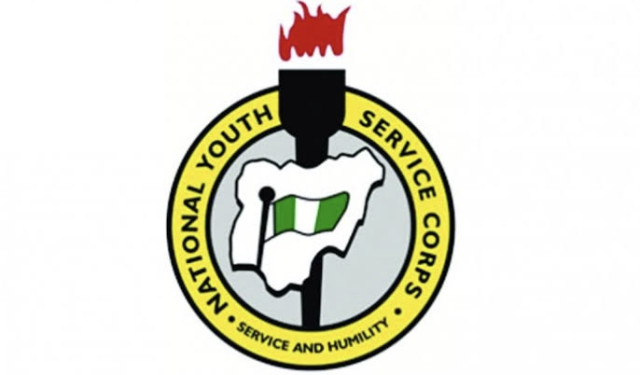The federal government has launched the National Youth Service Corps (NYSC) Reform Committee to review current policy documents and suggest comprehensive reforms aimed at ensuring the scheme continues to be effective and meets contemporary national needs.
Ayodele Olawande, the Minister of Youth Development, announced this in Abuja on Tuesday during the committee's inauguration.
"Today marks a significant advancement in our collective effort to enhance one of Nigeria's most valuable national institutions focused on unity, empowerment, and development," Olawande stated.
He highlighted the crucial role the NYSC has played in promoting national unity and youth development since its establishment in 1973. However, he pointed out that it is essential to reevaluate and update the scheme to reflect modern realities and challenges. "As the nation progresses, we must enhance the institutions that foster its growth.
"While the NYSC has achieved notable success, it also encounters considerable challenges, particularly regarding the safety of corps members, lack of infrastructure, and questions surrounding the scheme’s relevance in a dynamic socio-economic environment," he noted.
Olawande further explained that the committee's responsibilities include a thorough examination of the scheme, evaluating its current operations, and proposing reforms to enhance its security, innovation, and effectiveness.
"The committee will also review existing policy documents, laws, and reports that govern the NYSC; engage in discussions with nationwide stakeholders; and recommend legal, policy, and institutional reforms, encompassing improved funding and monitoring systems.
A detailed report is anticipated to be presented to the Minister of Youth," he added.
In her comments,the special adviser to the president on policy and coordination,Hadiza Usman, emphasized the necessity of restructuring technical and vocational training to align with academic development.
She mentioned that such reforms would allow young individuals to make lasting contributions to their communities and the nation.
Additionally, Minister of State for Education, Tunji Alausa, suggested the establishment of a Teachers’ Corps and Medical Corps for NCE-certified graduates and healthcare professionals, particularly those willing to serve in rural areas for a voluntary two-year period.
He stated that the Teachers’ Corps would assist in bridging educational gaps and provide a pathway to government employment, while the Medical Corps would enhance healthcare services in underserved communities, particularly in maternal and child health.




















